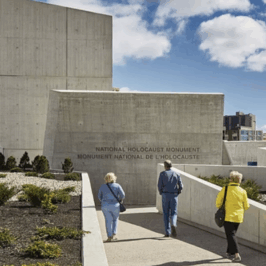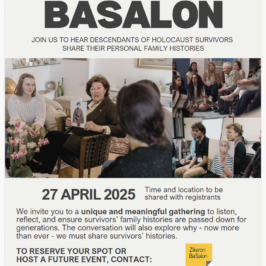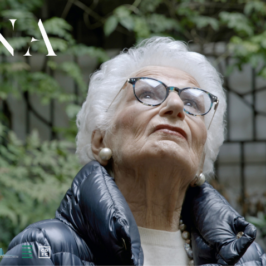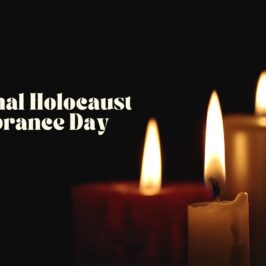A Healing Journey: Understanding the Trauma of Hate and Bias
CHES was invited to attend the 7th Annual Human Rights Learning Forum 2022, hosted by the Ottawa Police Services (OPS) on December 10th.
The main topic of discussion was the recent rise in hate crimes; there was a 72% increase in 2019, even as the reported rate of other crimes was decreasing, suggesting less crime, but more hate.
With no firm legal definition of what a hate crime is, reporting and labelling of hate crimes is complicated and difficult. The police have used two definitions in the past, but neither are universal.
The presentation by Sergeant Ali Toghrol of the OPS’ Hate and Bias Crime Unit focussed on antisemitic posters in the west end of Ottawa and their impact on the Jewish community and on Dr. Nili Kaplan-Myrth, who has been the target of alleged antisemitic harassment and intimidation.
Dr. Barbara Perry, Director of the Centre on Hate, Bias and Extremism, and the Forum’s keynote speaker, explained that hate crimes are “message” crimes that ripple outward and “seek to reaffirm boundaries between groups and lay bare our commitment to the myths of ‘inclusion.’”
She added that while hate crime reiterates violence as a mechanism of power, it has not been taken as seriously as other types of crime. These instances, due to their nature, are often labelled or perceived as “smaller offenses” – graffiti is one example – as they seem less problematic in terms of physical damage. The effects, however, reverberate. She explained that this type of violence can be more traumatic than physical aggression simply for the consistency and pervasiveness of the abuses. For example, the use of the swastika on Parliament Hill represented inter-generational trauma for the entire Jewish community.
National surveys presented at the event showed that hate crimes are grossly under-reported and even fewer are acted upon. Guest panellist Bernie Farber, a human rights consultant and son of a Holocaust survivor, stressed that antisemitism is infiltrating academic circles (https://journalhosting.ucalgary.ca/index.php/cmej/article/view/76086/56314). He discussed disturbing data from the University of Toronto’s Temerty Faculty of Medicine, which included denying that antisemitism exists.
Farber also explained the need to develop laws against online hate legislation which currently do not exist. He noted that violent words can produce violent actions and that anti-hate laws are good but are not enough. Charges may be laid, but there are often few consequences to the perpetrators. As well, even the police services system itself it not an all-encompassing solution to the problem.
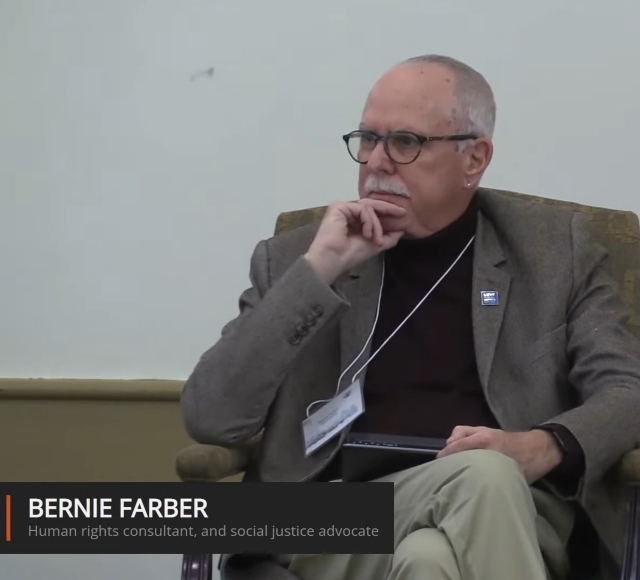
The OPS said that adjustments are being made to national training and reporting standards and within the victim report services team. In fact, other police units across Canada are reviewing what is happening with Ottawa’s online reporting successes and are beginning to develop their own online options. The OPS stressed that building relationships between the community and law enforcement is vital.
The Learning Forum demonstrated that education, legislation, and policing need to work hand-in-hand and the rest of society needs to be part of the conversation and the solution. Collectively, we all need to keep asking questions to ensure that the work is getting done and all citizens are being held accountable. Stronger consequences to all narratives of hate are essential.
The full 7th Annual Human Rights Learning Forum 2022 is available for viewing here.

